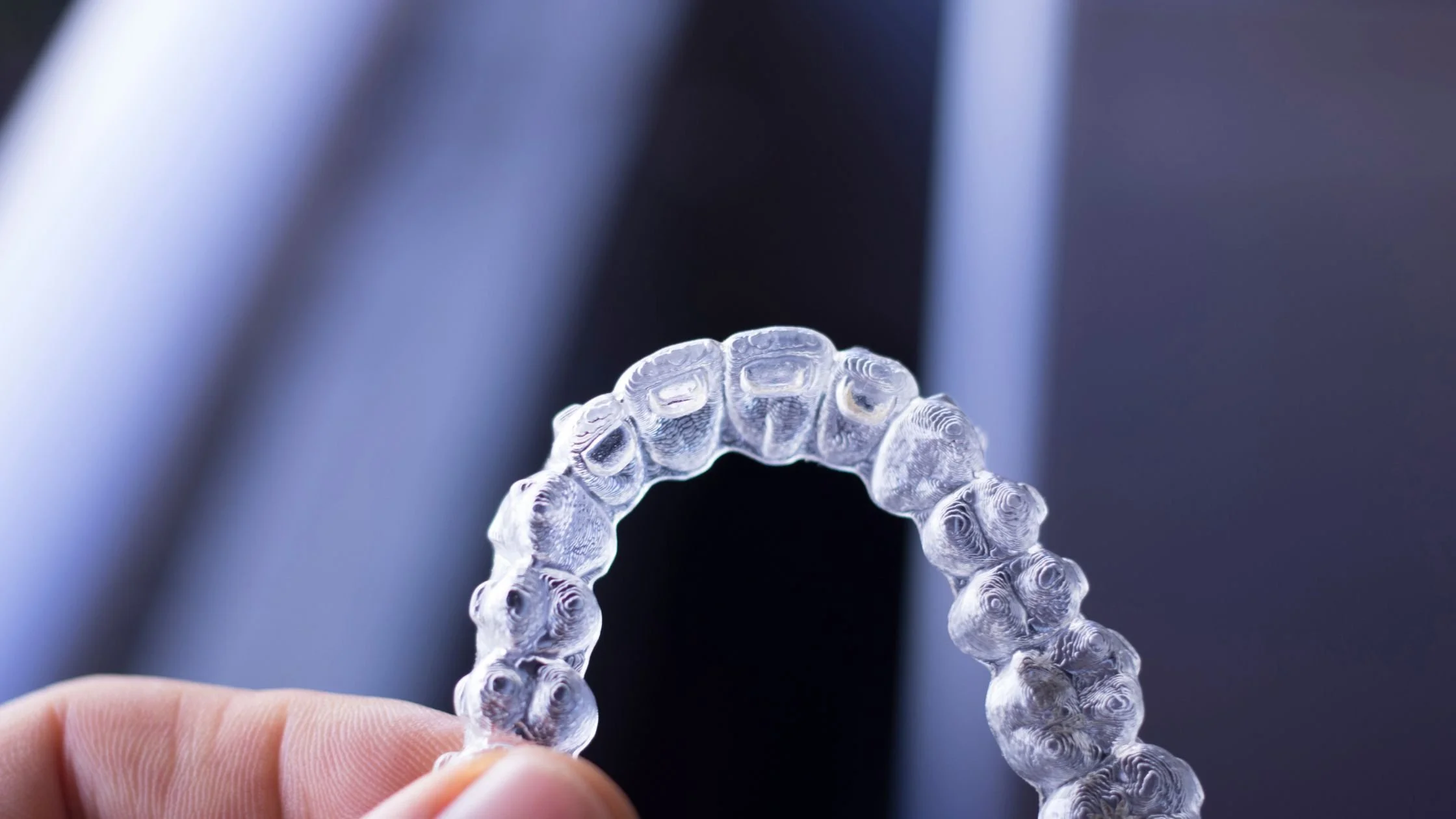It’s that time of year—March Madness is here, and basketball season is in full swing! Whether you're on the court, the field, or the mat, one thing remains crucial: protecting your smile. If you have braces, a regular mouthguard won’t cut it—you need something designed to keep both your teeth and brackets safe from impact.
In this guide, we’ll break down the best mouthguards for athletes with braces, how to choose the right one, and essential tips for keeping your orthodontic treatment on track while staying active in sports.
Why Athletes with Braces Need a Special Mouthguard
Braces are an investment in your future smile, but they also make your mouth more vulnerable to injuries during sports. A poorly fitted mouthguard can:
✔ Cause discomfort and irritation if it’s too tight.
✔ Fail to protect brackets and wires, leading to costly repairs.
✔ Increase the risk of cuts and sores on your lips and cheeks.
The Best Mouthguards for Athletes with Braces
1. Orthodontic-Specific Mouthguards
Designed with extra space to fit over braces, these mouthguards are softer and more flexible than regular ones. Popular brands include:
Shock Doctor Braces Mouthguard – Made with medical-grade silicone, offering comfort and protection.
Vettex Mouthguard with Lip Protection – Great for football and contact sports, featuring a lip guard.
2. Custom-Fitted Mouthguards
For maximum protection and comfort, an orthodontist can create a custom mouthguard molded to your teeth and braces. This is ideal for serious athletes who need a perfect fit.
✔ Schedule a free consultation today! We’ll help you get a custom mouthguard designed just for you.
3. Boil-and-Bite Mouthguards
A budget-friendly option that can be softened in hot water and molded to your teeth. However, these are not the best option for braces wearers.
Additional Tips for Athletes with Braces
✔ Wear Your Mouthguard Every Game and Practice – Even during drills, accidents happen!
✔ Keep It Clean – Rinse with cool water after each use and store in a ventilated case.
✔ Avoid Over-the-Counter Boil-and-Bite If Possible – These can be too tight and damage your braces.
✔ Replace When Necessary – Braces shift your teeth, so check with your orthodontist regularly to ensure your mouthguard still fits properly.
Playing sports with braces doesn’t mean putting your smile at risk! Choosing the right mouthguard ensures your teeth, brackets, and gums stay protected—so you can focus on winning the game, not worrying about injuries.
At Beecroft Orthodontics, we help athletes stay safe and comfortable during treatment with custom-fitted mouthguards designed for braces wearers. Schedule a free consultation today! Let’s keep your smile protected all season long.







